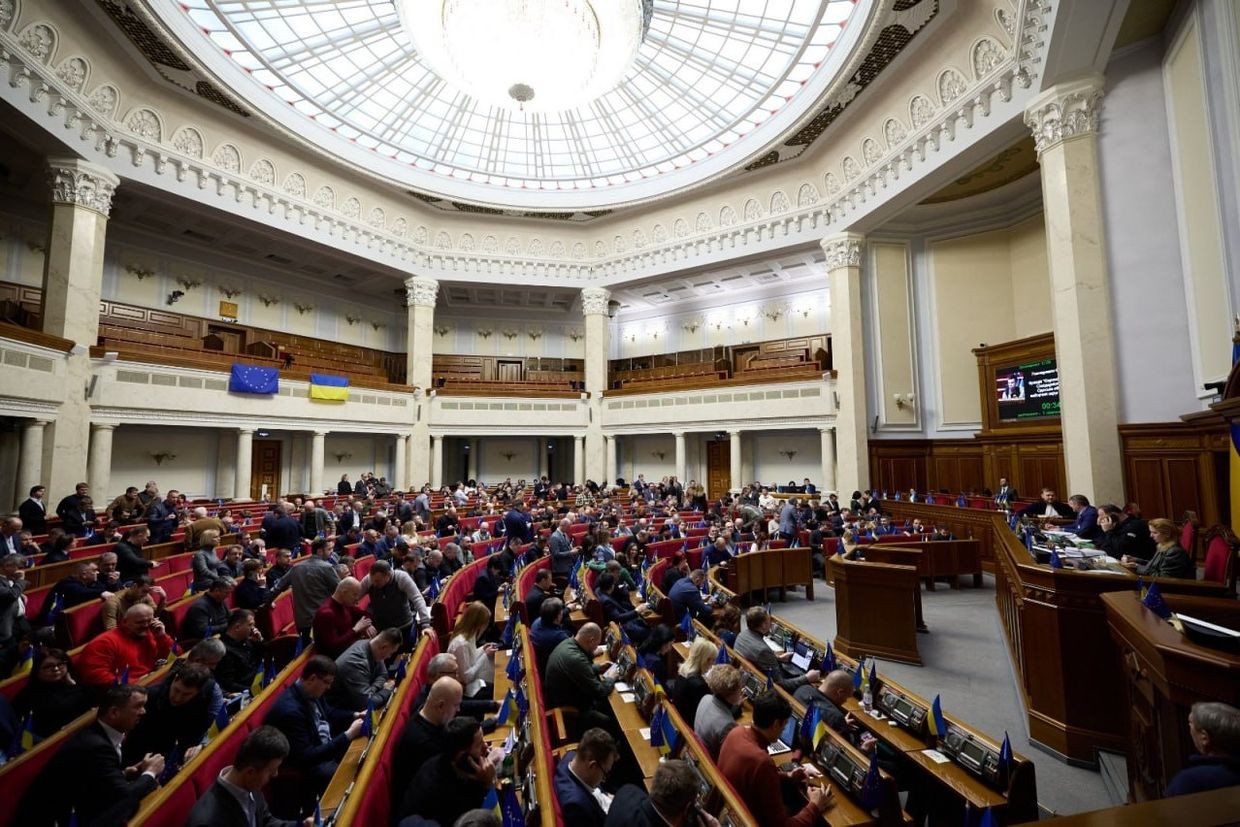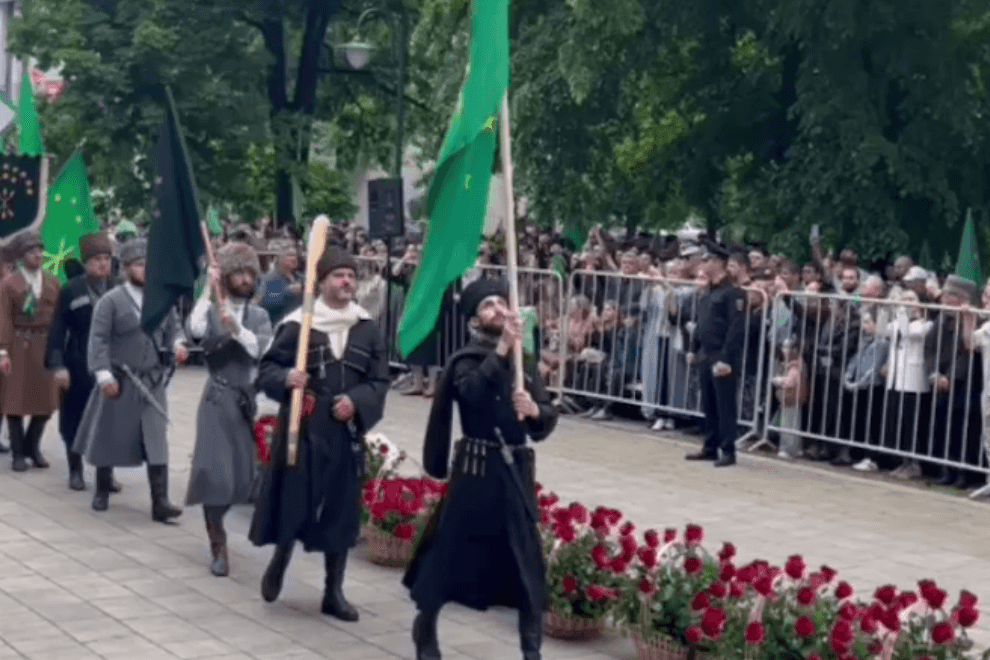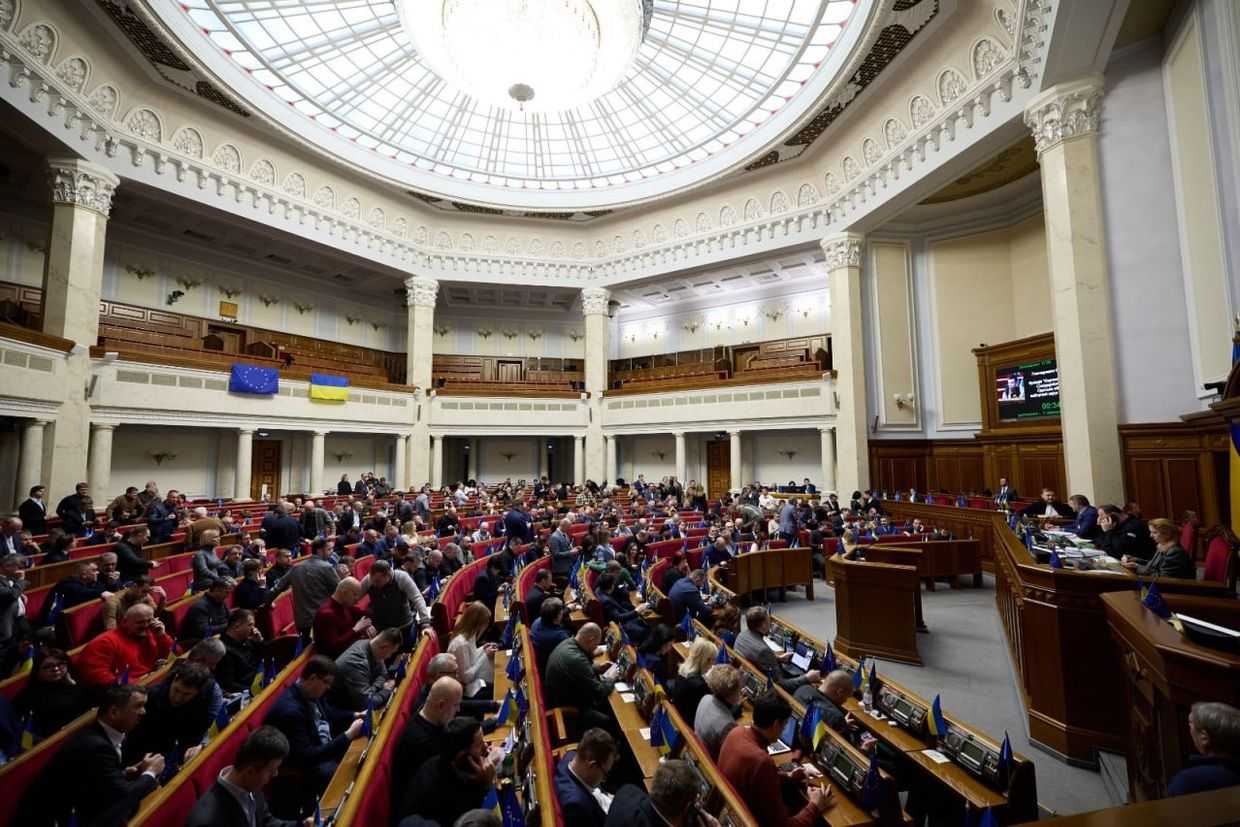
The Verkhovna Rada, Ukraine’s parliament, has recognised the Circassians’ right to self-determination and the 19th century genocide perpetrated against them by the Russian Empire, making Ukraine the second country to recognise the genocide after Georgia.
The parliament, or Verkhovna Rada, adopted the resolution on Thursday, with 232 votes in favour of the resolution, none against it, and zero abstentions. It now awaits Ukrainian President Volodymyr Zelenskyi’s approval.
The Circassian Genocide, perpetrated by the Russian Empire, was the culmination of the Russo–Circassian war — the western theatre of the Caucasian War of the 19th century. Hundreds of thousands of Circassians were killed by Russian forces during the war, while the vast majority of Circassia’s population was deported to the Ottoman Empire in its aftermath.
The voting took place on Thursday, months after the resolution was submitted to the Verkhovna Rada in June 2024.
The resolution recognises the ‘mass extermination of the Circassians and their forced expulsion from their historical homeland’ as a genocide.
It also expresses solidarity with the Circassians, honours the memory of the victims, condemns the actions of the Russian Empire, and appeals to other countries and organisations to recognise the genocide.
The resolution also calls for the Circassians’ right to repatriation and self-determination in their homelands, and ‘condemns Russian propaganda’s attempts to distort historical facts’.
It also calls for the creation of educational and research programmes about the Circassian Genocide in Ukraine.
MP Oleksiy Goncharenko, a co-author of the resolution, praised the bill’s adoption, calling it an ‘important initiative’.
‘Ukraine honours the memory of the victims of this crime, condemns the colonial policy of the empire, and calls on the international community to recognise this genocide’, he wrote on Telegram.
In October 2022, Ukraine recognised the Chechen Republic of Ichkeria as an independent state that is ‘temporarily’ occupied by Russia, as well as condemning ‘the commission of genocide against the Chechen people’.
This was followed by its recognition of the Ingush people's right to create an independent state in February 2024.
With this resolution, Ukraine became the second country to recognise the Circassian Genocide following Georgia’s recognition in May 2011.
Read in Armenian on CivilNet.
Read in Russian on SOVA News.








